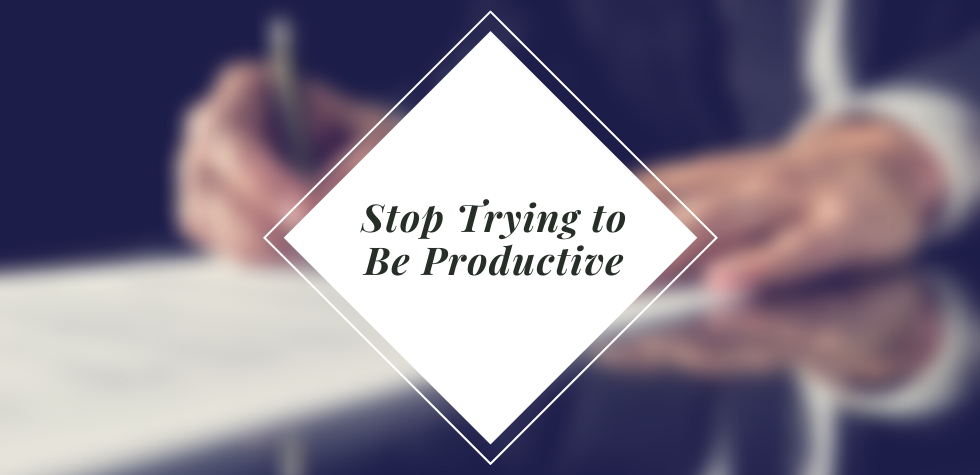“Stop Trying to Be Productive“ That’s the headline a New York Times reporter used who wrote that “America’s always-on work culture” has resulted in people feeling that they must be productive every nano-second, even with the added stress of a pandemic around them.
Taylor Lorenz, New York Times technology reporter covering internet culture, talked to a number of experts. One said that the shelter-at-home has more millennials feeling that “’our brains are particularly broken in terms of productivity. Either you give up or feel bad about it all the time.’”
Certainly, it is laudable for those decide to write a book, take up Spanish or finish that quilt, but “the impulse to optimize every minute is especially common in millennials, any of whom are now balancing work and child care at home.”
Lorenz quotes from Chris Bailey, a productivity consultant and author of “Hyperfocus: How to Manage Your Attention in a World of Distraction.” He states in his book that focus isn’t so much a state of heightened awareness but a balance between two frames of mind: a focused mode (hyperfocus), which is the foundation for being highly productive, and a creative mode (scatterfocus), which enables us to connect ideas in novel ways.
Experts in The New York Times article suggest having compassion, including for one’s self, is an excellent coping mechanism. Also, finding pleasure in small things is another way to get through the crisis.
An easy way to feel productive is to keep a gratitude journal, something that Erin Clifford, partner at Clifford Law Offices and wellness coach, has been promoting even before the coronavirus pandemic. She offers several other helpful wellness tips on her website: www.erincliffordwellness.com
To read the entire “How to Stay Productive” article by Lorenz, click here.

